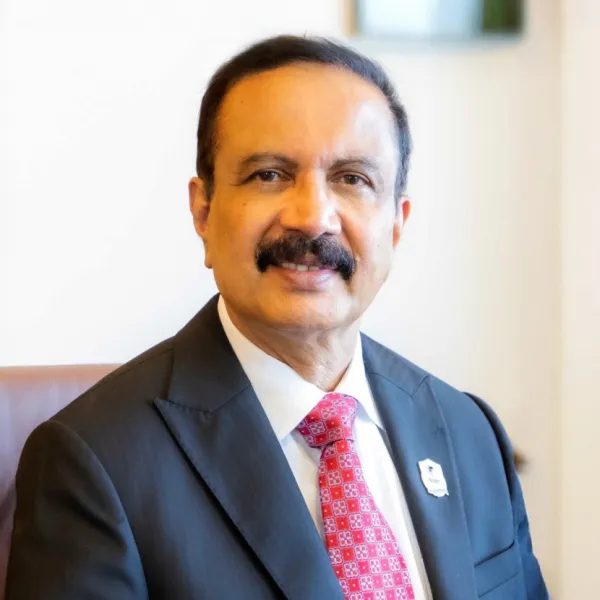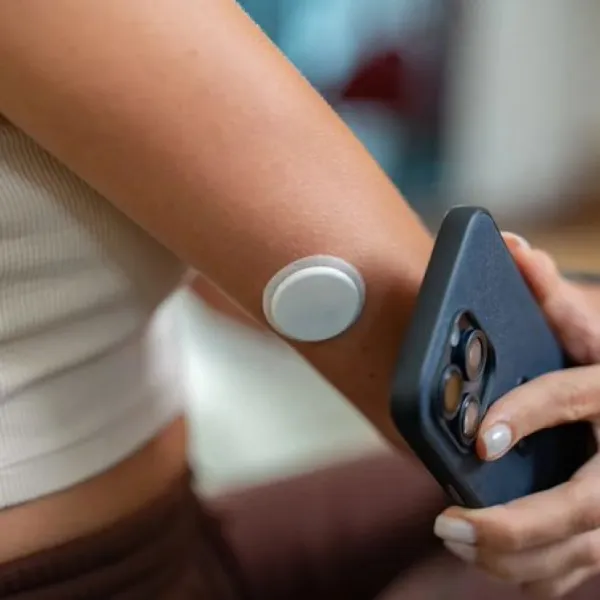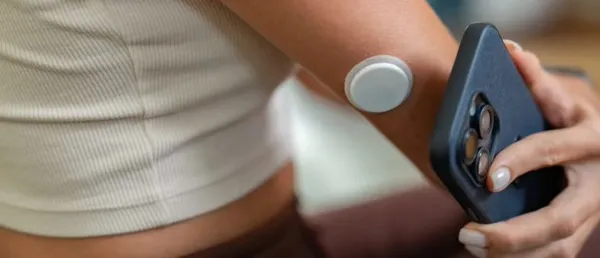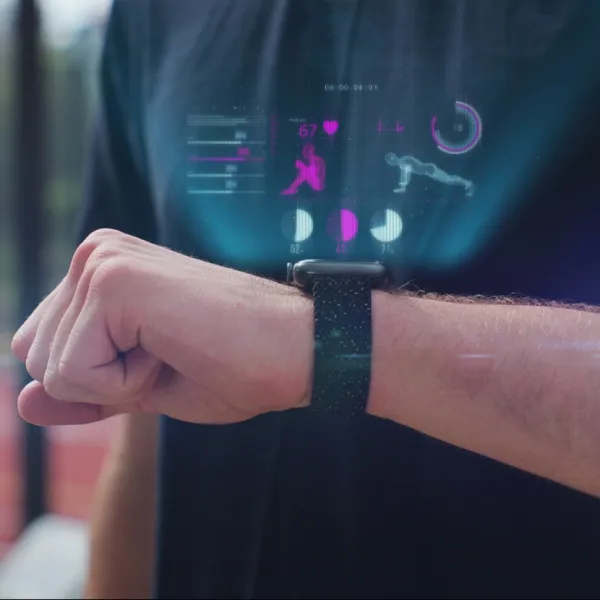Parl Panel Urges Govt to Strengthen Regulatory Framework for Ayush Sector

To address concerns regarding the quality of Ayush medicines, the Committee stressed the need for better adverse event reporting mechanisms.
In a recent development, a Parliamentary Panel has underscored the government's need to fortify the regulatory framework and bolster clinical research infrastructure for Ayush, the traditional system of Indian medicine.
The Department-related Parliamentary Standing Committee on Health and Family Welfare, in its 156th report, highlighted the imperative nature of enhancing regulatory mechanisms to ensure wider acceptance and implementation of Ayush practices, both domestically and internationally.
The Committee emphasized the need for better adverse event reporting mechanisms and the creation of robust data repositories to address concerns regarding the quality of Ayush medicines.
Notably, there have been apprehensions raised regarding the high metal contents found in these drugs, posing potential risks to public health.
According to the panel, there is a pressing need to strengthen regulatory frameworks, hence the Committee recommended the development of user-friendly systems for healthcare professionals and consumers to report adverse events related to Ayush medicines. Additionally, it urged the Ministry to conduct regular post-marketing surveillance to monitor real-world safety and efficacy.
Collaboration with international bodies such as the World Health Organization (WHO) and the International Organisation for Standardisation (ISO) was also proposed to harmonize Ayush quality standards with global norms. Mutual Recognition Agreements (MRAs) with other countries were suggested to streamline regulatory compliance and facilitate international trade of Ayush products.
Focus on R&D
The National Ayush Mission (NAM), aimed at promoting research and development (R&D) in Ayush, was scrutinized during the panel's review. Recommendations were made to elevate the "Promotion of Research and Development" as a prominent component of NAM.
Furthermore, the Committee suggested including R&D as a supported activity under the flexible component of NAM, allowing 25% flexible usage of funds for this purpose.
Addressing the need for robust clinical research infrastructure, the Committee proposed various measures, including the strengthening of manpower and training, establishment of research networks, and standardization of protocols and interventions. Collaboration among Ayush facilities and institutions was encouraged to facilitate multicentric clinical trials and enhance research quality.
Supporting Domestic Manufacturing & Export Growth
In a parallel development, the Parliamentary Standing Committee on Commerce presented revisions to key schemes to bolster the pharmaceutical space. The committee's recommendations, outlined in its 187th report, focused on maximizing exports and minimizing imports to strengthen India's pharmaceutical sector.
Diversification of export markets was highlighted as crucial for sustained growth, with a significant portion of India's pharmaceutical exports currently directed towards regions such as NAFTA, Europe, and Africa. The committee's proposals aim to enhance access to critical medical devices by prioritizing public interest and supporting domestic manufacturing.
Additionally, measures were proposed to support domestic manufacturing of medical devices, including reducing GST rates and providing short-term custom-duty concessions on imported components. Extension of the Phased Manufacturing Programme (PMP) to cover a broader range of medical devices was also recommended to foster self-reliance in the healthcare sector.
The recommendations put forth by the Parliamentary Panels signify a concerted effort to address challenges, foster growth, and enhance competitiveness in India's pharmaceutical and medical device sectors.
As the government evaluates these proposals, stakeholders await further developments in the regulatory landscape and initiatives to propel the Ayush and healthcare industries towards greater resilience and innovation.
Stay tuned for more such updates on Digital Health News





























